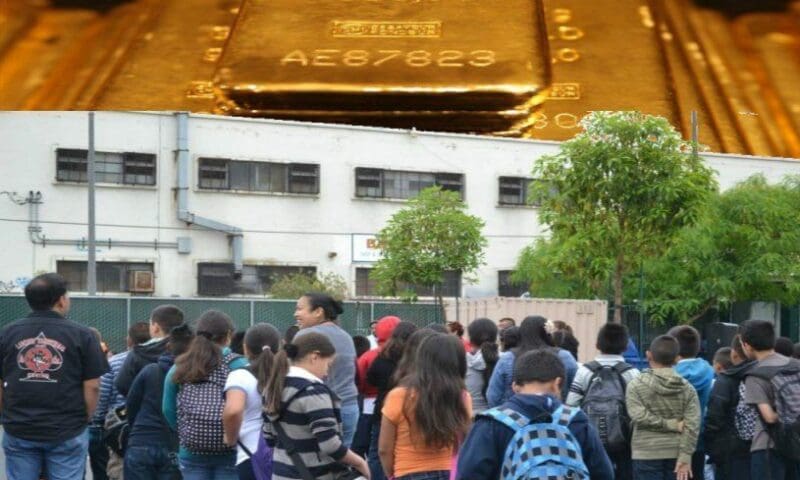
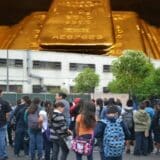

When Los Angeles Superior Court Judge Rolf Treu struck down the tenure rights of the state’s public school teachers last month in Vergara v. California, his decision was hailed by Theodore J. Boutrous Jr., lead attorney for the plaintiffs, as “a terrific, wonderful day for California students and for the California education system.”
The lawsuit, which had been brought on behalf of nine California schoolchildren, argued that the retention of “grossly ineffective” teachers through five due-process statutes violated the students’ civil rights.
The suit and its accompanying public relations blitz had been bought and paid for by Silicon Valley entrepreneur David Welch under the umbrella of Students Matter, Welch’s personal Menlo Park education reform nonprofit. Welch made his fortune designing large-capacity fiber optic transmission systems for the global service-provider market.
“I have not devoted my career to education policy,” Welch admitted when launching the Vergara campaign last summer,
» Read more about: Bonanza! Silicon Valley Sees Gold in Corporate-Driven School Reforms »
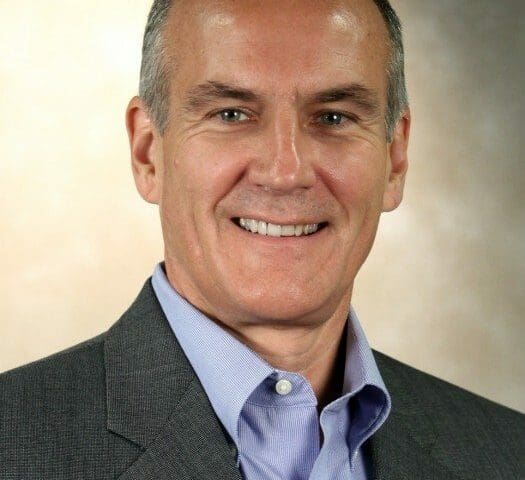

With his pressed jeans, vegan diet and runner’s frame, Jeff Farmer could be a high-tech entrepreneur. But his heart is with low-wage parking attendants, taxi drivers and truckers instead of corporate profits.
As the International Brotherhood of Teamsters’ national organizing director, Farmer doesn’t mind that his union has a reputation for being the biggest and baddest kid on the block. Farmer says that when workers organize they want to know they have an even chance to win against the abuses of some of the biggest international companies out there. With a good strategic organizing plan and by bringing the right people together, Farmer feels they can. Fresh from a five-day trucker strike at the Port of L.A. that was launched to win basic employee rights, the Teamsters are putting this approach into practice.
True to his roots as an organizer, Farmer believes unions have to be open to new relationships and ways of organizing.



After a long hiatus from the spotlight, the immigration debate has flared up once more. Following an incendiary incident in which anti-immigration protesters in Murrieta, California turned away buses of immigrants heading into a detention center, the issue is now receiving a significant amount of attention.
The protesters were responding to a recent influx of immigrants across the U.S.-Mexico border, specifically near Texas. The majority of these immigrants are powerless women and children who have been displaced due to dire circumstances in Honduras and Guatemala. Border patrols have been rounding up these refugees and transporting them to processing centers where U.S. Immigration and Customs Enforcement (ICE) officials determine their legal statuses. Because most of the facilities in Texas are at maximum capacity, these immigrants are being transported to other processing centers. This most recent surge of migration has become such a major humanitarian issue that President Obama has asked for $3.7 billion dollars to help solve the problem
At first glance the Murrieta episode seemed like a major setback for immigrant-rights supporters,
» Read more about: Immigration Reform: Murrieta and Its Discontents »
One hundred twenty port truck drivers, responding to a mediation initiative from Los Angeles Mayor Eric Garcetti, agreed to end their strike Friday evening and are returning to work today. The Unfair Labor Practice walkout, which had no fixed end date, began June 7 against three harbor trucking companies (Green Fleet Systems, Total Transportation Services Inc. and Pacific 9 Transportation) that port haulers allege commit wage theft, engage in workplace retaliation for union organizing and misclassify their drivers as “independent contractors” rather than company employees.
The five-day strike was unprecedented for its length – and for the bad publicity it splashed on the three companies, which have also been on the losing end of a string of labor court and National Labor Relations Board rulings regarding their treatment of truck drivers. The strike saw the brief shutdown of several marine terminals, an impromptu concert for the strikers by protest rocker Tom Morello and a secondary protest in Manhattan Beach aimed at the Skechers shoe company,
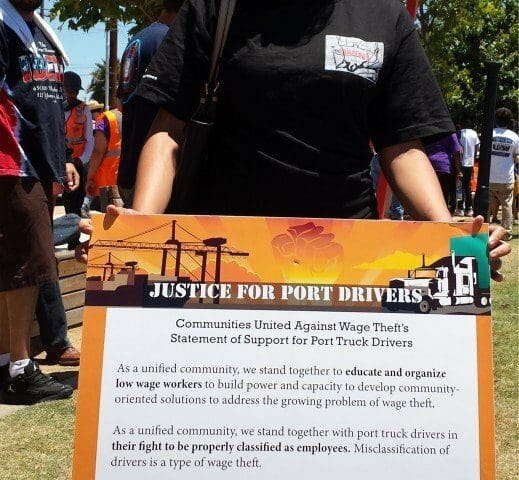


Friday ended an historic chapter in the life of the Los Angeles-Long Beach waterfront as 120 truck drivers toughed out a weeklong Unfair Labor Practice strike. The work stoppage was aimed at three companies (Green Fleet Systems, Total Transportation Services Inc. and Pacific 9 Transportation) that port haulers allege commit wage theft, engage in workplace retaliation for union organizing and misclassify their drivers as “independent contractors” rather than company employees. Such a distinction allows the firms to treat their workers as second-class citizens and to avoid contributing payroll taxes to the state and federal governments.
With no end of the strike in sight, the week nevertheless drew to a close on a celebratory note, as seen in these photographs. A rally attended by the drivers and their supporters was held outside the Terminal Island facility of Yusen Terminals, where a cumbia band, Los Jornaleros del Norte, underscored the crowd’s high spirits.
» Read more about: Scenes From the Port Truck Driver Strike: An Historic Week Ends »
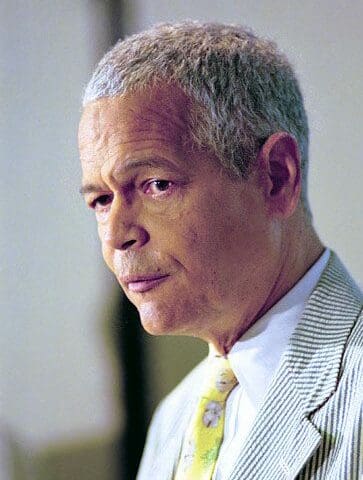
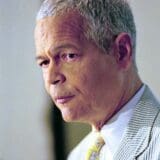

Last month Julian Bond, the pioneering civil rights activist and former Georgia state legislator, addressed an audience gathered in Jackson, Mississippi, to celebrate and analyze the Mississippi Freedom Summer of 1964. Bond’s speech appears for the first time here, with his permission.
In 1961, when Martin Luther King Jr. addressed the Fourth Constitutional Convention of the AFL-CIO, he spoke of the “unity of purpose” between the labor movement and the movement for civil rights. He said:
[tabs type=[tab_title][tab]“Our needs are identical with labor’s needs: decent wages, fair working conditions, livable housing, old age security, health and welfare measures, conditions in which families can grow, have education for their children and respect in the community. That is why Negroes support labor’s demands and fight laws which curb labor. That is why the labor-hater and labor-baiter is virtually always a twin-headed creature spewing anti-Negro epithets from one mouth and anti-labor propaganda from the other mouth. » Read more about: Exclusive: Julian Bond on Labor and Civil Rights »
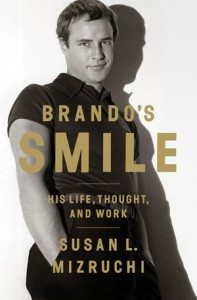
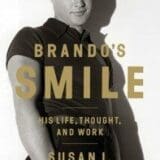

If you are even a semi-serious lover of film, then you probably have seen at least a few of Marlon Brando’s indelible performances in films such as A Streetcar Named Desire, The Godfather and Apocalypse Now, to name only a few. You probably also are familiar with Brando’s legendary appetites for women and food, the tragic arc of his family life and perhaps his controversial political stands.
What you likely don’t know – few do — is that the man widely regarded to be the greatest American actor of the 20th century had a brilliant, restless mind to go with his innate talent and stunning looks. No, Brando was not merely a hunk with a mysterious intuitive genius — he was a student of history and the human condition who read voraciously and wrote some of the most famous lines from his epic performances.
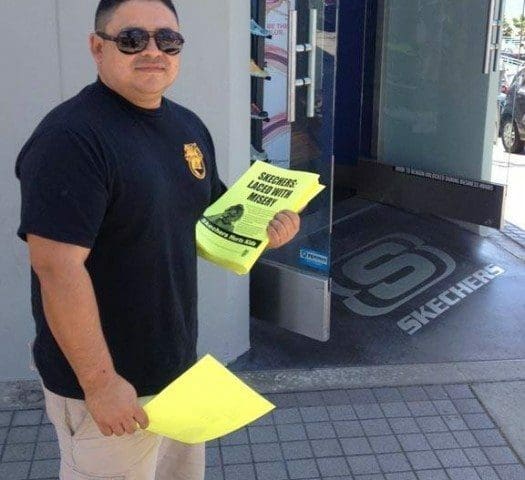

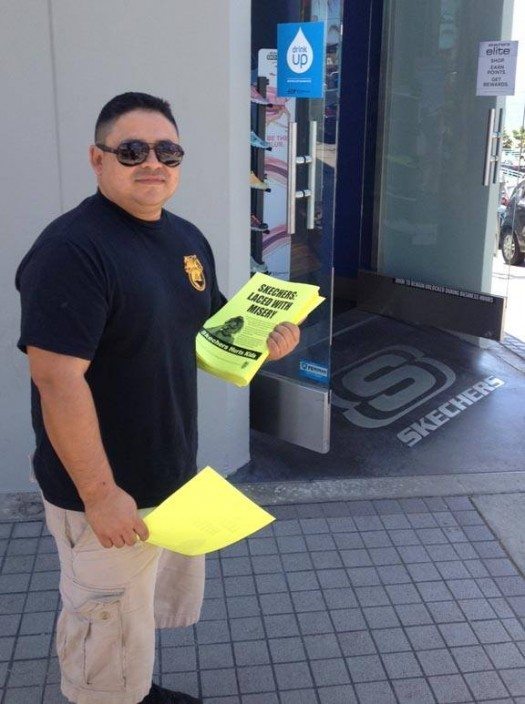
Throughout the course of the L.A./Long Beach port driver strike, Capital & Main will be running photos from the marine terminals and truck yards where drivers and their supporters have gathered.
One hundred twenty truck drivers who haul freight to and from the twin ports of Los Angeles and Long Beach went on an Unfair Labor Practice strike Monday against the three companies they work for. The work stoppage, which has no announced end date, was called to protest alleged retaliation by Green Fleet Systems, Total Transportation Services Inc. and Pacific 9 Transportation, as well as the drivers’ long hours and low wages. Perhaps more important, the strikers are motivated by their determination to end the companies’ practice of classifying drivers as “independent contractors” – a status that allows the firms to treat their workers as second-class citizens and to avoid contributing payroll taxes to the state and federal governments.
» Read more about: Scenes From the Port Truck Driver Strike: Skechers on the Hot Seat »



If you’re wondering what all the fuss is about down at the ports of L.A. and Long Beach, where drivers have been on an Unfair Labor Practice strike since Monday, think Nike during the 1990s. Remember the barrage of news stories and reports about the horrendous conditions endured by workers at plants run by Nike contractors? Remember how the company tried for years to distance itself from the practice of its contractors, even though it had the power all along to put an end to the exploitation?
The same story is unfolding right now in Southern California, where multinational retailers are refusing to take responsibility for the egregious abuses of their contractors. A case in point is Skechers, which recently supplanted New Balance as the nation’s fifth-largest athletic footwear brand.
Based in Manhattan Beach, Skechers is experiencing enormous growth in sales and profits. In the first quarter of 2014,
» Read more about: Skechers’ Labor Troubles: A Nike for the 21st Century »


California Tax Breaks — What’s Wrong With This Picture?
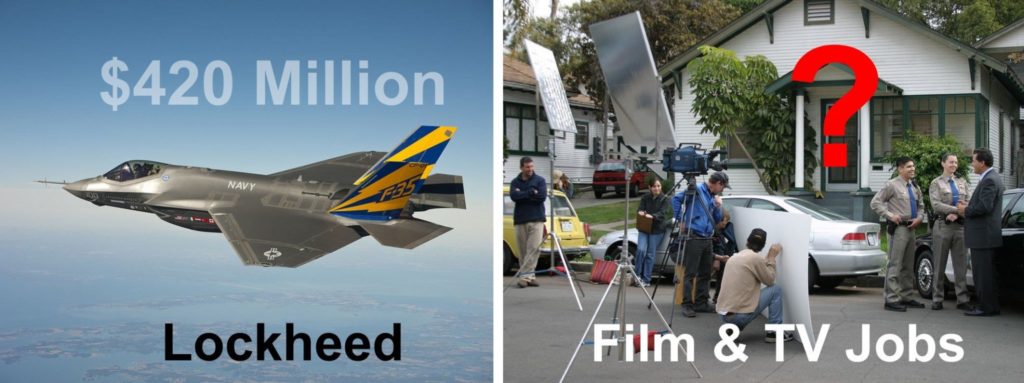
Amid continued squabbling over whether to boost the California film and television production tax incentive program, the state legislature just handed aerospace giant Lockheed Martin Corp. a whopping $420-million tax break.
Yes, you read that right: A bill creating a 15-year sweetheart deal — for a single private company — sails through the Assembly and Senate without a hitch, yet the fate of Assembly Bill 1839, which would enhance California’s existing entertainment tax credit program and generate millions in additional revenue, continues to face opposition in Sacramento.
What’s wrong with this picture?
It should be a no-brainer that, in order to remain competitive in the global market for film and television production and post-production work, California needs to boost its incentive program. Once the epicenter for entertainment production,